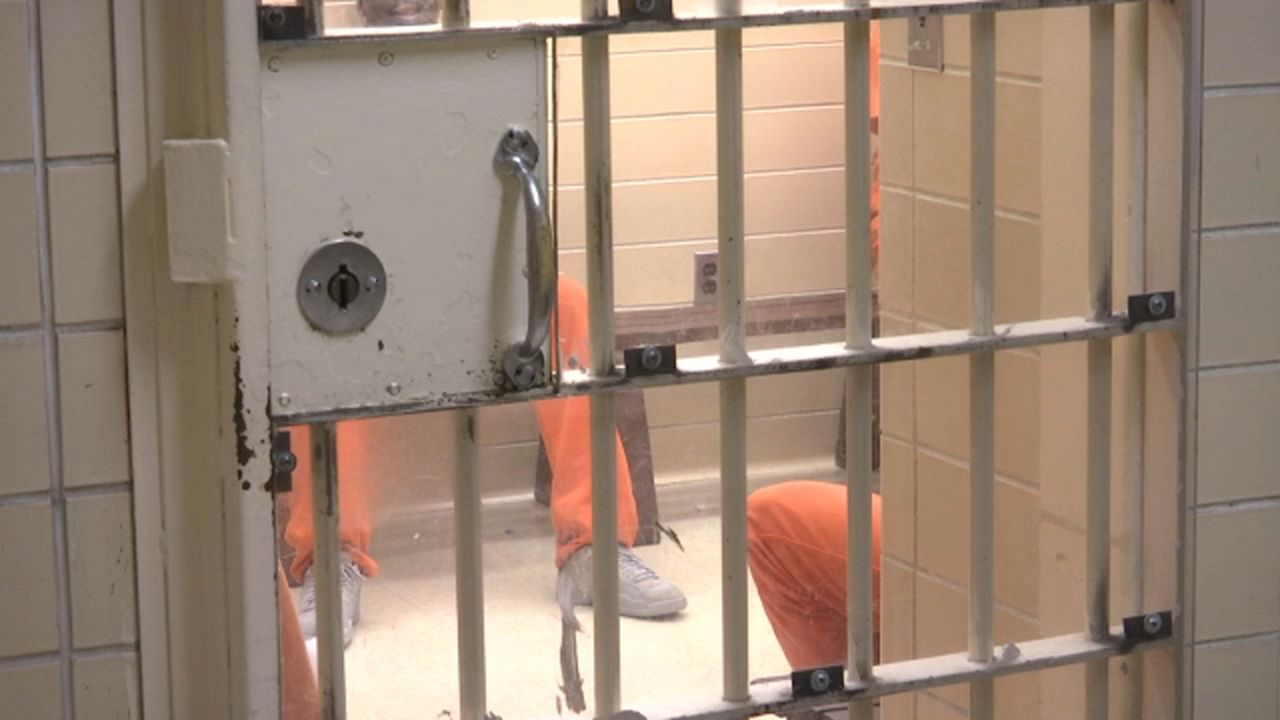The New York City Bar Association in a letter this week urged the state's top elected leaders to not alter or rollback the law ending cash bail for misdemeanors and non-violent felonies.
"We are cognizant of the pressures created by recent attacks on bail reform but we urge you to keep these vital changes intact for long enough to permit thoughtful study and analysis of the effects of the changes," the New York City Bar Association wrote in the letter.
"We urge you to resist calls to act precipitously to reconsider a reform that has only been on the books for a matter of weeks."
The letter was sent a day before a potential compromise was floated by Senate Democrats that would abolish cash bail entirely, but allows judges to make the determination over whether a person should remain in jail pending trial.
Advocates and Democratic lawmakers who support the bail law as it is written have blasted the proposal, calling it a step back and giving in to a campaign by law enforcement and Republicans to make changes.
"We anticipate that bail reforms will lead to fairer and better criminal justice outcomes," the letter stated. "But bail reform must be given a chance to work. Before the ink was dry on the new law, opponents of bail reform have made concerted efforts to incite fear by publicizing well-chosen stories of purportedly dangerous individuals who were released while awaiting trial."
But some Democratic lawmakers, especially those who represent upstate and suburban districts in the state Senate, are under pressure to make changes after several cases of defendants being released were seized on by opponents of the legislation.
Support for the law, once comfortable after the state budget was approved last year, has since flipped to negative territory.
Backers of the bail law change, however, point to some of the individual cases opponents have highlighted as not being the fault of the measure, accusing them of sensationalizing the issue.
At the same time, granting judges more authority to keep people in jail has raised the concern that defendants of color would be disproportionately affected.


